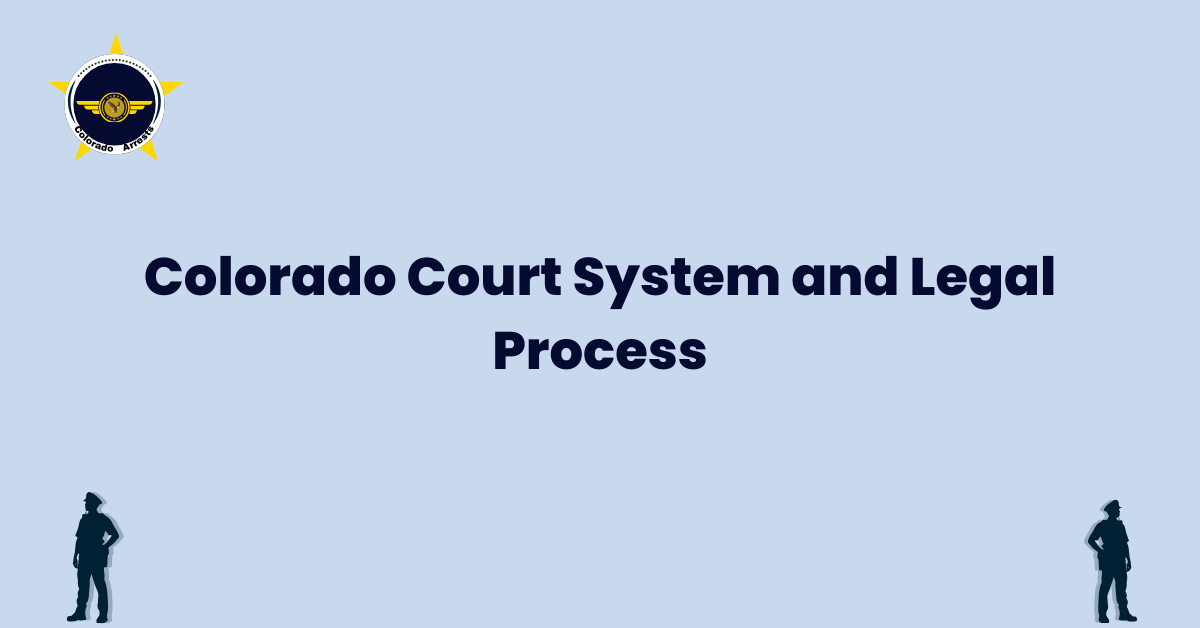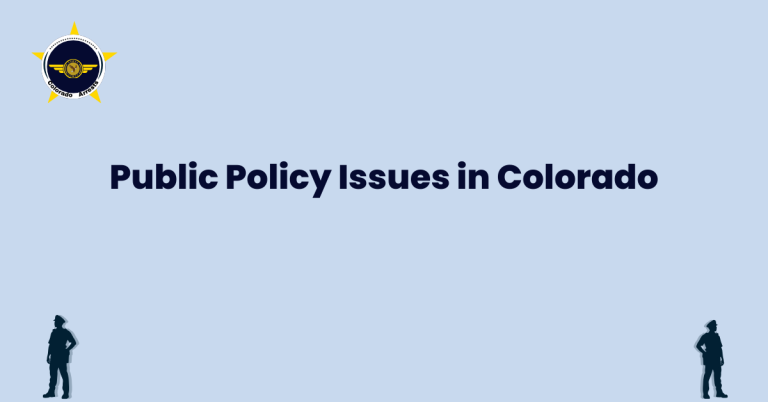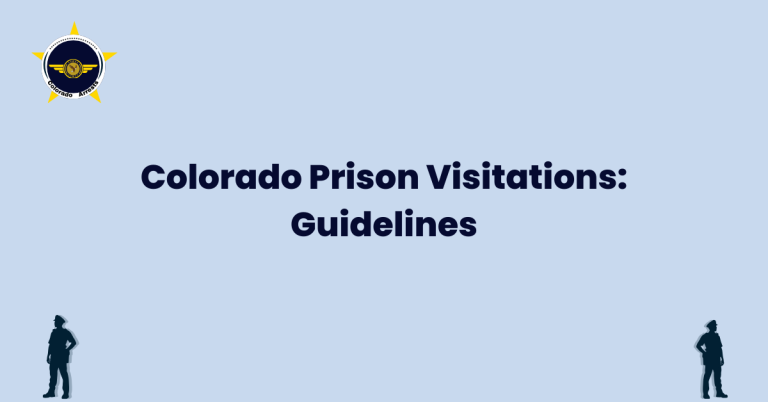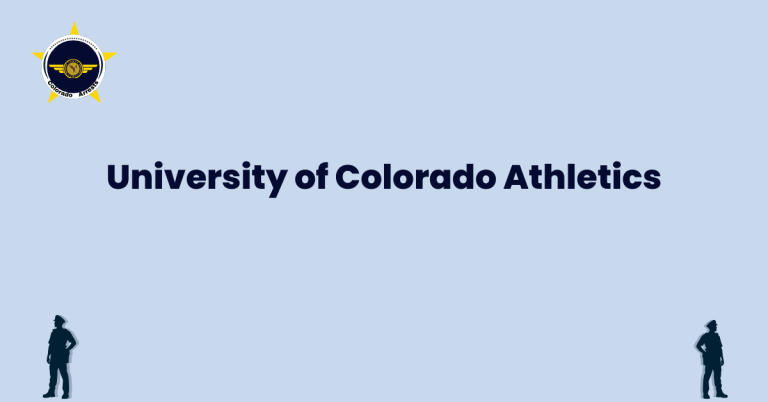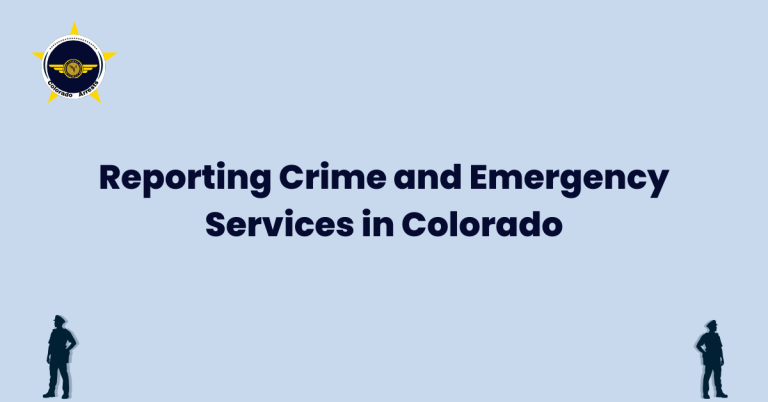Colorado Court System and Legal Process
Welcome to a comprehensive guide on the Colorado Court System and Legal Process. In this informative introduction, we will delve into the intricacies of the legal framework in the beautiful state of Colorado. Whether you are a law student, legal professional, or simply someone curious about the legal system, this guide will provide you with a solid understanding of how the Colorado courts operate.
Colorado boasts a well structured and efficient court system that plays a crucial role in upholding justice and resolving disputes. From the trial courts to the appellate courts, each level has its unique functions and responsibilities. Throughout this guide, we will explore the hierarchy of courts, the roles of judges and attorneys, and the step by step process of a legal case in Colorado. By the end, you will have a comprehensive understanding of how the Colorado court system operates and how to navigate the legal process effectively.
The Hierarchy of Colorado Courts
Understanding the hierarchy of Colorado courts is essential to navigating the legal system effectively. Colorado has a well structured court system consisting of multiple levels, each with its own set of responsibilities and functions.
Trial Courts Where Cases Begin
The trial courts in Colorado are the first level of courts where cases are initially heard. These courts handle both civil and criminal cases. The trial courts are further divided into different divisions, such as district courts, county courts, and municipal courts, depending on the jurisdiction and nature of the case.
Appellate Courts Reviewing Trial Court Decisions
After a case is decided in the trial courts, parties have the option to appeal the decision. Appellate courts in Colorado are responsible for reviewing the decisions made by the trial courts. The Colorado Court of Appeals is the intermediate appellate court, while the Colorado Supreme Court is the highest appellate court in the state.
The Roles of Judges and Attorneys
In the Colorado court system, judges and attorneys play vital roles in ensuring justice is upheld and the legal process runs smoothly.
Judges Impartial Decision Makers
Judges in Colorado courts are responsible for overseeing cases, interpreting laws, and making impartial decisions based on the facts and evidence presented. They ensure that the legal proceedings follow proper procedures and that all parties have a fair opportunity to present their case.
Attorneys Advocates for Parties
Attorneys, also known as lawyers, represent the interests of their clients in court. They provide legal advice, prepare legal documents, and present arguments on behalf of their clients. Attorneys play a crucial role in advocating for their clients’ rights and ensuring a fair legal process.
The Step by Step Process of a Legal Case in Colorado
Understanding the step-by-step process of a legal case in Colorado is indispensable for anyone navigating the legal system. This knowledge empowers individuals to comprehend the intricacies, deadlines, and key milestones involved in their legal journey. From filing a complaint to courtroom procedures and potential appeals, a comprehensive understanding of the legal process ensures informed decision-making and a more effective engagement with the Colorado legal system. Whether you are a litigant, attorney, or an interested party, grasping the nuances of the legal proceedings in Colorado is fundamental for a fair and just resolution..
Initiating a Case
The legal process begins with the initiation of a case. This involves filing the necessary legal documents, known as pleadings, with the appropriate court. The plaintiff, or the party bringing the case, outlines their claims, and the defendant, or the party being sued, responds to these claims.
Discovery and Pretrial Proceedings
Once a case is initiated, the discovery process begins. This involves gathering evidence, conducting depositions, and exchanging information between the parties involved. Pretrial proceedings may also include settlement negotiations, motions, and hearings.
Trial and Verdict
If a case does not reach a settlement, it proceeds to trial. During the trial, both sides present their arguments, witnesses testify, and evidence is presented. At the end of the trial, the judge or jury deliberates and reaches a verdict, determining the outcome of the case.
Appeals Process
If either party is dissatisfied with the trial court’s decision, they have the option to appeal. This involves requesting a review of the decision by the appropriate appellate court. The appellate court reviews the trial court’s decision and may affirm, reverse, or modify the decision.
Enforcement of Judgments
Once a final judgment is reached, the winning party can enforce the judgment. This may involve collecting monetary damages, enforcing court orders, or taking other necessary legal actions to ensure compliance with the judgment.
By understanding the hierarchy of courts, the roles of judges and attorneys, and the step by step process of a legal case in Colorado, individuals can navigate the Colorado court system with confidence and effectively participate in the legal process.
FAQs
What is the hierarchy of courts in Colorado?
The Colorado court system is divided into several levels, starting with the trial courts or district courts. Above the district courts are the Colorado Court of Appeals and the highest court, the Colorado Supreme Court.
What are the roles of judges and attorneys in the Colorado court system?
Judges in the Colorado court system are responsible for presiding over cases, making legal decisions, and ensuring that the proceedings are fair and just. Attorneys, on the other hand, represent clients and present their cases in court.
What is the step by step process of a legal case in Colorado?
The process typically begins with the filing of a complaint or a petition. This is followed by the pre trial phase, which involves discovery, motions, and negotiations. If the case proceeds to trial, evidence is presented, witnesses are called, and arguments are made. Finally, a judgment or verdict is reached.
How can I navigate the legal process effectively in Colorado?
To navigate the legal process effectively in Colorado, it is crucial to familiarize yourself with the specific rules and procedures of the court you are dealing with. Seeking legal representation or consulting with an attorney can also be helpful in understanding your rights and obligations.
How long does it typically take for a legal case to be resolved in Colorado?
The duration of a legal case in Colorado can vary depending on various factors such as the complexity of the case, the court’s schedule, and the availability of witnesses. Some cases can be resolved quickly, while others may take months or even years to reach a resolution.
Can I represent myself in a legal case in Colorado?
Yes, individuals have the right to represent themselves in court proceedings in Colorado. However, it is important to note that the legal process can be complex, and having legal representation can greatly increase your chances of a successful outcome.

